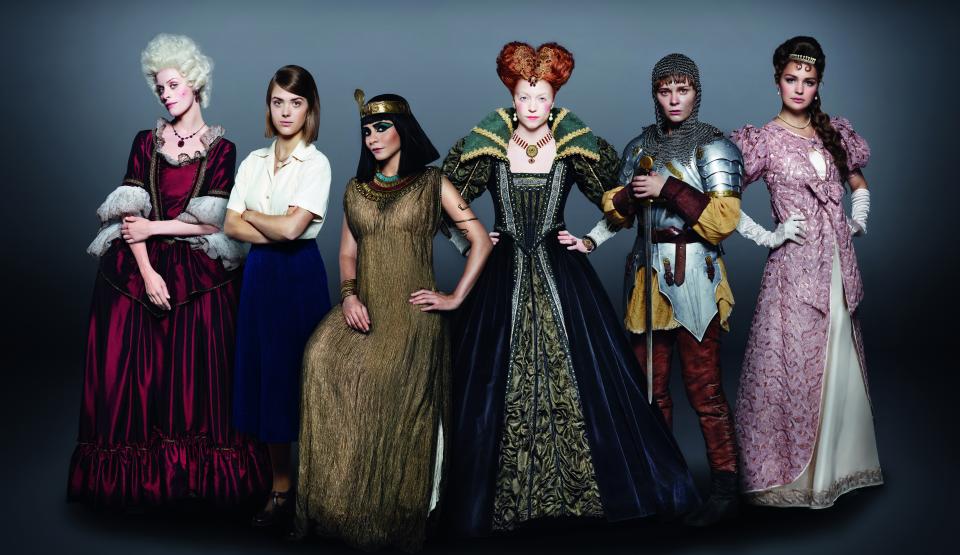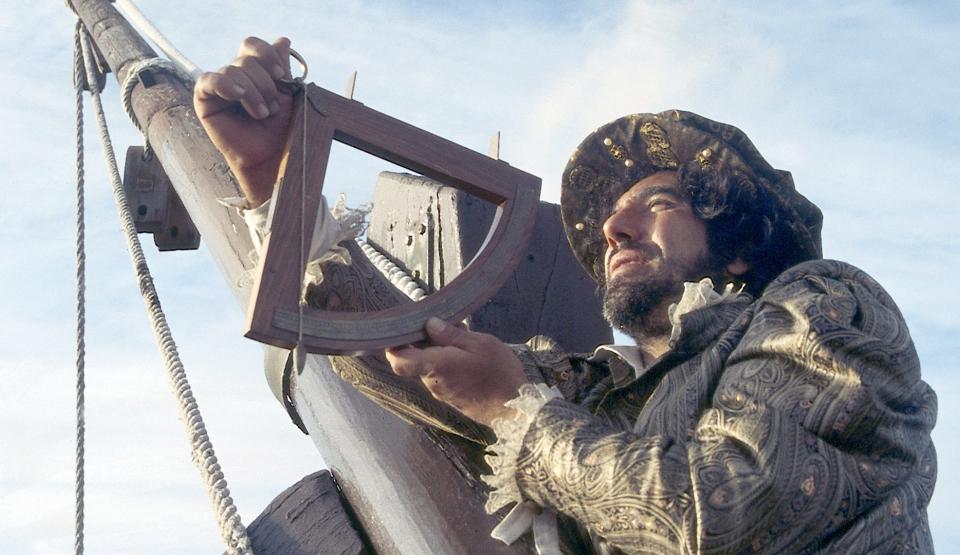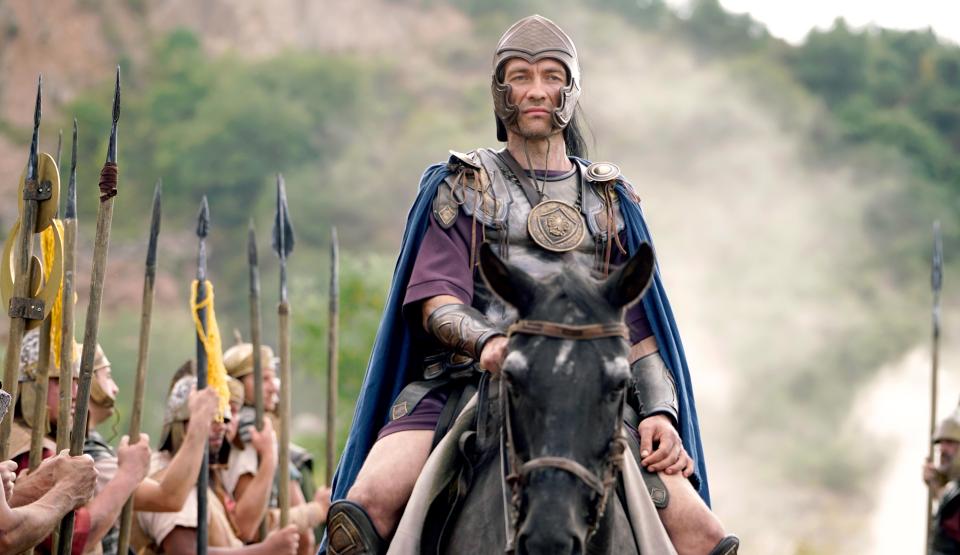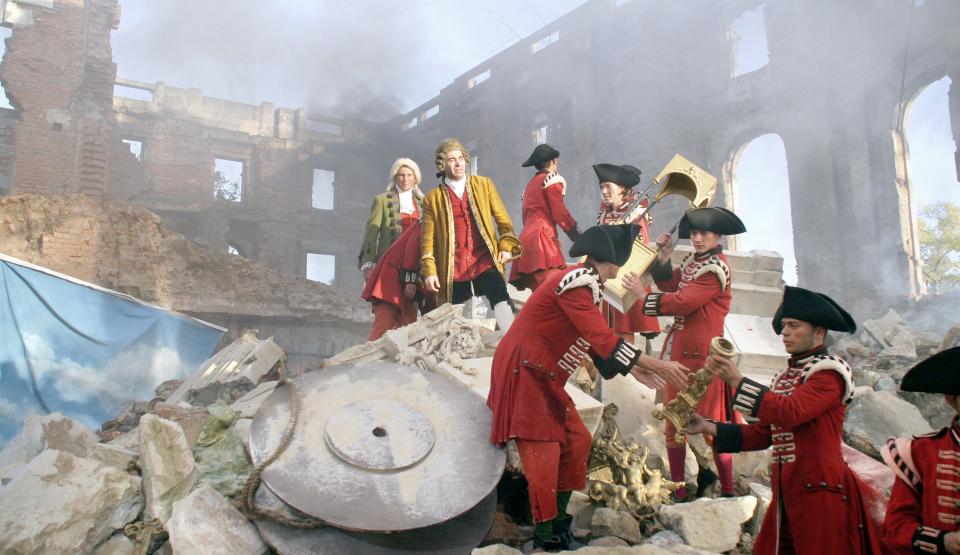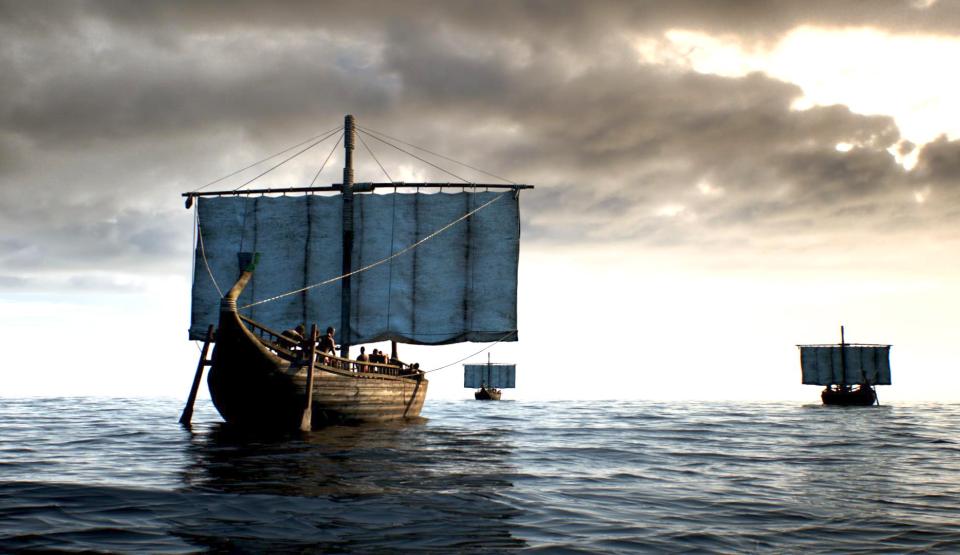
World War II. The Battle of the Atlantic. Admiral Karl Dönitz, head of the Nazi’s U-boat fleet, brings Britain to the brink of starvation by sinking their merchant ships. His U-boats strike without warning and disappear immediately. Dönitz’s deadly tactics are mystifying. If the vital transatlantic shipping route is cut off, Britain will be forced to surrender, and the Allies will lose their last foothold in Western Europe. The Royal Navy must find a way to defeat Dönitz. They turn to retired war gamer Gilbert Roberts.
Roberts is set a daunting task – to use war gaming to decipher Dönitz’s tactics and find a way to sink the U-boats. To do this, he needs a team, but the navy can’t spare any men. He is forced to turn to a group of women from the Women’s Royal Navy Service (WRNS), popularly known as the Wrens. With Jean Laidlaw, one of Britain’s first female chartered accountants, and a small team of bright young women, Roberts acts out naval battles and war game scenarios on a linoleum floor using chalk and wooden model ships.
By putting themselves into the minds of the U-boat captains, Laidlaw and the Wrens decipher Dönitz’s tactics and turn the tables on the U-boats, developing countertactics to destroy them. Their work enabled the Allies to turn the tide of the war, outthink the U-boats and defeat Nazi Germany.
The Wrens were some of the greatest war gamers of their generation, but their legacy has been ignored. Now the story of these forgotten war gamers can be told.










































